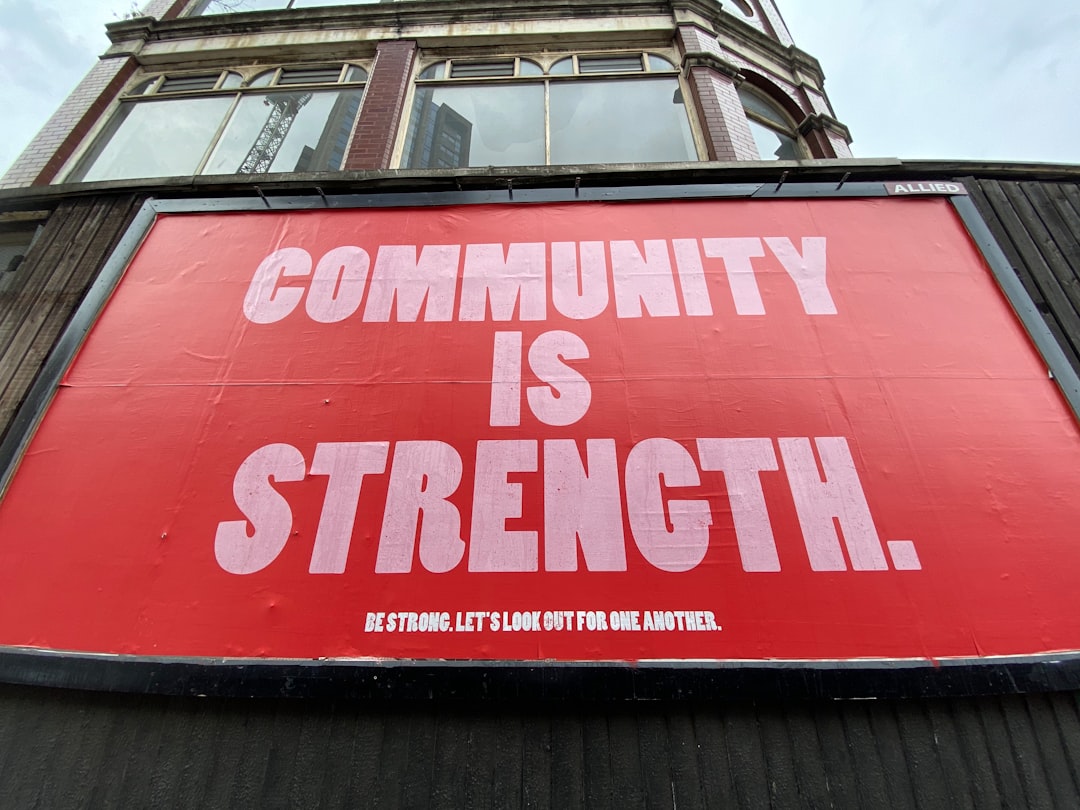What is it about?
Thirty-nine women from Christian, Islamic, and Jewish traditions shared stories of how their beliefs in a Supreme Being were powerful, stabilizing, and beneficial forces as they navigated to adaptively cope through trauma and extreme adversity. These resilient women reported depending upon spiritual resources. The focus on their spiritual core belief system gave perspective and new meaning to life's challenges and facilitated adaptive coping. While the participants of this study represented a wide range of ages, race/ethnicity, religious traditions, education, and types of traumas, they shared common religious/spiritual experiences and utilized similar religious/spiritual coping strategies.
Featured Image

Photo by Brett Jordan on Unsplash
Why is it important?
During our recent global Covid-19 pandemic, more than half the world's population united in prayer to end the pandemic (Brantzen, 2021). Worldwide, 8 in 10 people identify with a religious group (Pew, 2012). Over 80% of Americans report that religion is important in their daily living (Newport, 2016). Many individuals report relying on their religious/spiritual beliefs when facing life challenges. During times of crisis, spirituality is a powerful dimension of human survival. When drawing upon spiritual strength, individuals gain insight, build hope, and find personal meaning. To mitigate the negative impact of extreme challenges and promote healing, mental health professionals must consider the importance of understanding, affirming, and encouraging individuals to draw upon religious/spiritual beliefs, practices, and experiences.
Perspectives
While mindfulness is a frequently used psychological intervention, especially in the treatment of anxiety disorders (including PTSD), the women in this study integrated mindfulness with religious/spiritual beliefs. For me, as a practitioner, I encourage my clients with a spiritual orientation to look for beautiful and awe-inspiring experiences, signs, and symbols framed in their core beliefs. To encourage this type of mindfulness it is important to use the client's religious/spiritual frame of reference. This builds resilience by changing the focus from the circumstance to their belief system which facilitates a more hopeful and future-oriented focus. Although the adversity still exists, it is no longer the central focus. It hangs on the periphery of their lives and does not have a strangling effect, metaphorically allowing them to “breath in” their rich and healing spiritual experiences. Many women in this study noted that their religious/spiritual focus mitigated the effects of their adversity. Similar to my clients, this mindfulness state allowed the women in this study to be more in tune with a divine presence, strengthening a personal, intimate relationship with God. Park (2010) indicated that meaning connects us with things, events, and relationships and that our orienting systems provide the cognitive framework to interpret those experiences. The women in this study found meaning in their adversity and strengthened their connection with God. This connection with God, made them more aware of religious and spiritual signs and symbols in their daily living. In the face of adversity, religious/spiritual experiences impact feelings, thoughts, and behaviors encouraging the individual to reframe their life experience and find new meaning. Mental health professionals need to consider how culturally sensitive religious and spiritual beliefs and practices can positively impact healing.
Dr Annette Jerome
Read the Original
This page is a summary of: Traversing trauma: Resilient women’s religious and spiritual stories of hope and strength., Professional Psychology Research and Practice, November 2022, American Psychological Association (APA),
DOI: 10.1037/pro0000491.
You can read the full text:
Contributors
The following have contributed to this page










